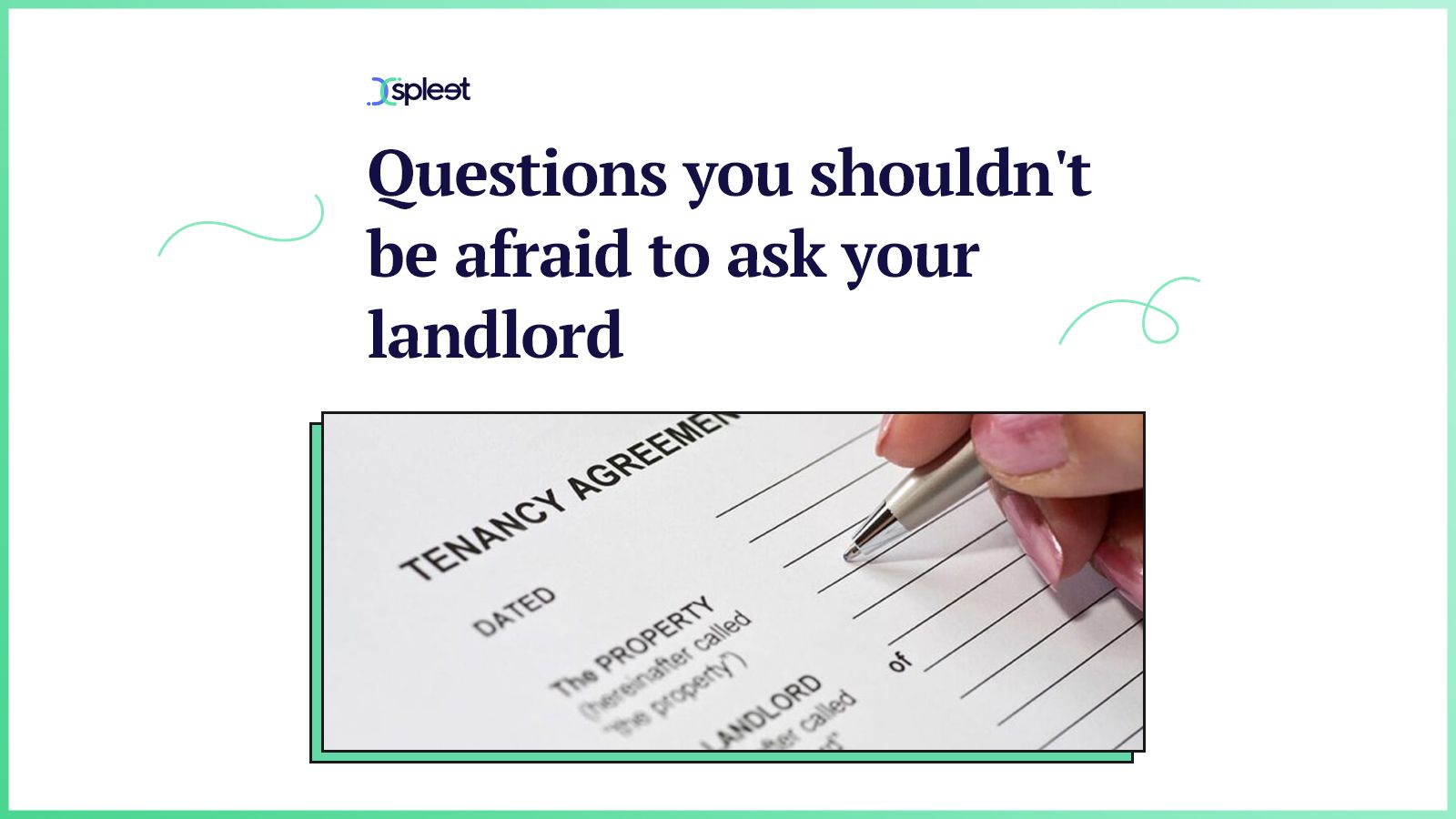Questions you shouldn’t be afraid to ask your Nigerian landlord
In this article, we'll discuss some of the most important things you shouldn't be afraid to ask your landlord, from maintenance requests to lease terms and beyond.

Renting a home or apartment can be a daunting experience, especially for first-time renters. There are a lot of confirmations to be made, and many renters hesitate to ask their Nigerian landlords questions for fear of being seen as a nuisance. However, it's important to remember that your landlord is there to help you and make sure you're comfortable in your new home.
In this article, we'll discuss some of the most important things you shouldn't be afraid to ask your Nigerian landlord, from maintenance requests to lease terms and beyond.
- How peaceful your tenancy period will be
Every tenant deserves the right to peaceful tenancy without anyone sent by the landlord or the landlord themselves knocking down their doors. It’s crucial that you ask your landlord to inform you before they or a representative sent by them arrives at your home for whatever reason.
2. Your dos and don’ts
Dos and don’ts in a new place aren’t limited to the renovation you can do in your rented property. Some landlords have strict visitation rules and access to certain parts of the property. Be clear on your rights to the property you’ve rented to avoid getting into trouble. Read through your tenancy agreement and contest the changes you want.
3. The landlord’s obligations
For most spaces, it’s the landlord’s duty to fix structural issues in the house — external paint job, a leaking roof, damaged pipe, and caked or moulded walls. The fixes that the landlord should make should be clearly stated in your tenancy agreement to avoid having issues in the future about who should be responsible for fixing structural problems in your rented accommodation.
4. Notice period for renewal of the rental agreement and eviction
Your notice period must be clearly stated and aligned with the law of your country and city. Here in Nigeria, the law states that the eviction notice for a yearly tenancy agreement should be given six months before the end of the tenancy period.
It’s also important to know what goes on during the notice period. Get clear information about what your landlord intends to do with the property while your eviction notice is on. Ask if they’d be advertising the property to prospective tenants or doing any fixes in that period.
5. Bill payment
Knowing how bill payments are processed is another crucial piece of information new tenants need to know. Who receives the bills? Who pays the bills? Where is the bill paid, and how?
For instance, if it’s in your tenancy agreement that you are to pay a “Land use charge”, it’s paramount that you read the land use charge payment requirements of the area you live in. The land use charge should be paid by the property owner unless stated otherwise by the governing body of your area.
6. Rent increment
Get clear, concise and legally binding information about rent increments. Be sure to ask your landlord how often rent is increased and by what percentage it is raised. Ensure you have it legally written that your rent wouldn’t be increased before the time stated by the landlord.
Reading through the fine print of your tenancy agreement is essential in knowing your rights as a tenant and helps ensure you have a smooth and pleasant experience in your new home.
TAKE THIS QUIZ: Which major city in Nigeria should you live in?

